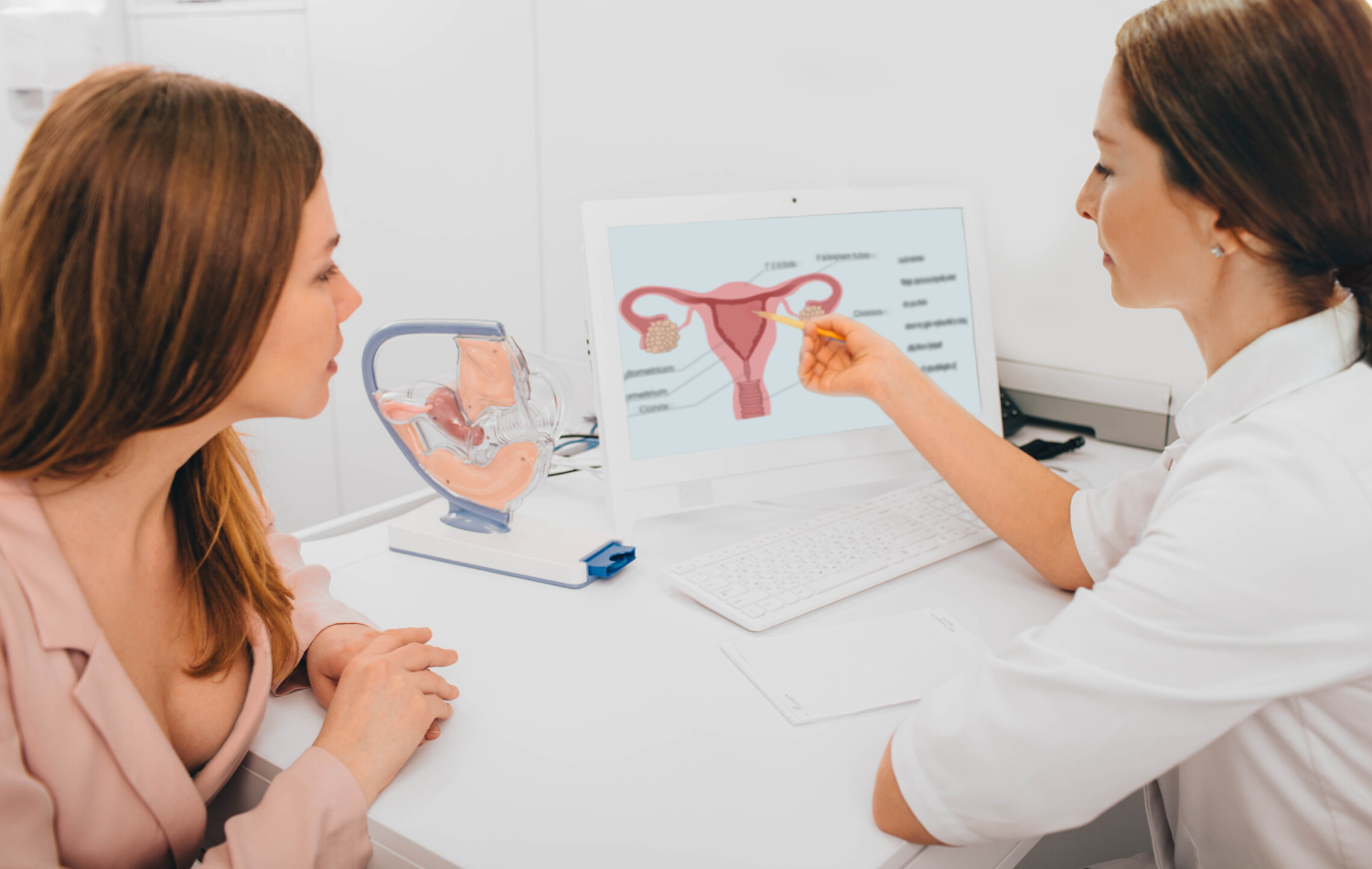
Women’s health is a complex and multifaceted subject that encompasses various aspects of physical, mental, and emotional well-being. Unfortunately, there are numerous myths and misconceptions surrounding women’s health that can lead to confusion, misinformation, and even unnecessary anxiety. Continue reading, we aim to debunk some of the most prevalent myths surrounding women’s health, providing clarity and empowering women to make informed decisions about their own bodies.
Myth: Women don’t need regular check-ups if they feel fine.
- Reality: Regular check-ups are crucial for maintaining optimal health, as they allow healthcare providers to detect potential issues before they become serious. Routine screenings and exams can catch problems early on and facilitate timely interventions.
Myth: Birth control pills are the only contraceptive option available.
- Reality: While birth control pills are a commonly used method, there are numerous other contraceptive options available, including intrauterine devices (IUDs), implants, patches, and more. Each method has its own benefits and considerations, and it’s important to discuss with your OBGYN to find the right fit for you.
Myth: All vaginal discharge is abnormal and requires treatment.
- Reality: Vaginal discharge is a natural occurrence and serves the purpose of maintaining vaginal health. Normal discharge can vary in consistency and color throughout the menstrual cycle. However, if there are sudden changes in odor, color, or consistency accompanied by itching or discomfort, it’s worth seeking medical advice.
Myth: Pap smears are painful and only necessary for older women.
- Reality: Pap smears, also known as Pap tests, are essential for detecting abnormal cervical cells and preventing cervical cancer. The procedure is generally quick, relatively painless, and recommended for women aged 21 to 65, regardless of sexual activity or age.
Myth: Menopause is solely characterized by hot flashes.
- Reality: While hot flashes are a common symptom of menopause, this transitional phase in a woman’s life involves a wide range of physical and emotional changes. These may include mood swings, sleep disturbances, vaginal dryness, and changes in sexual desire. OBGYNs can provide guidance and support to help women navigate this phase with comfort.
It’s crucial to dispel myths and misconceptions about women’s health to ensure that women have accurate information and can make informed decisions about their bodies. By debunking common misconceptions, we can empower women to take charge of their health, seek appropriate care, and lead fulfilling lives. Remember, if you have any questions or concerns about your health, consult with your trusted OBGYN, who will provide personalized guidance and support.
